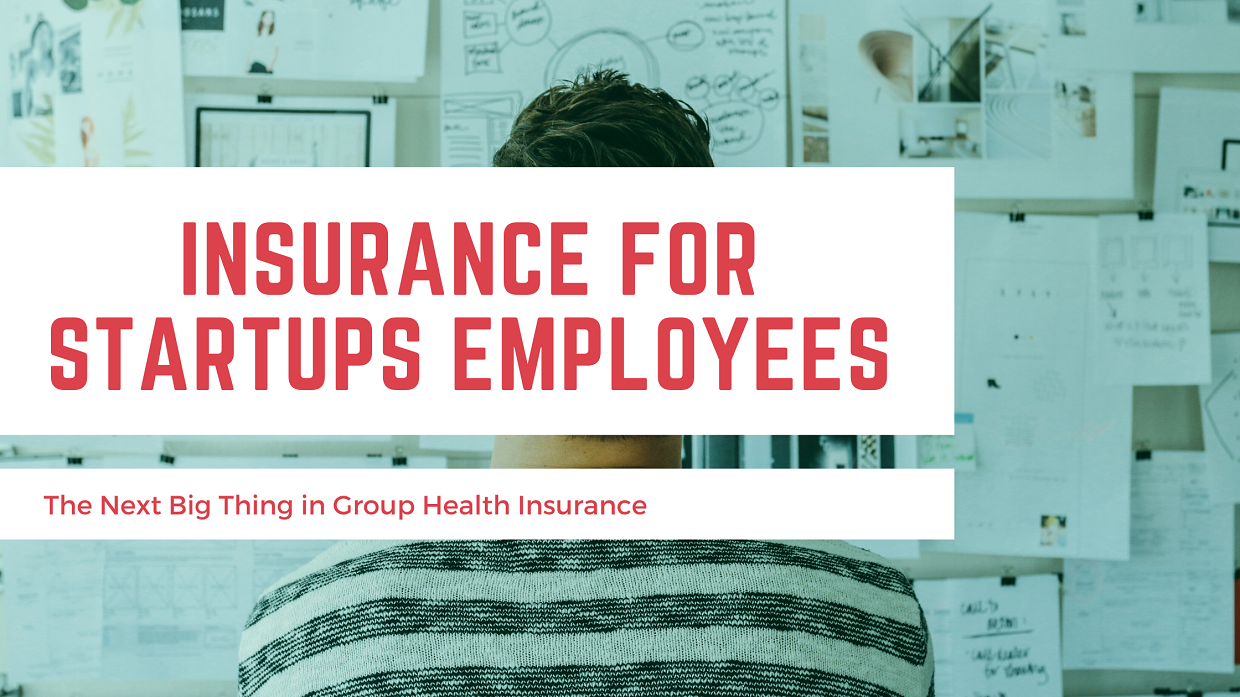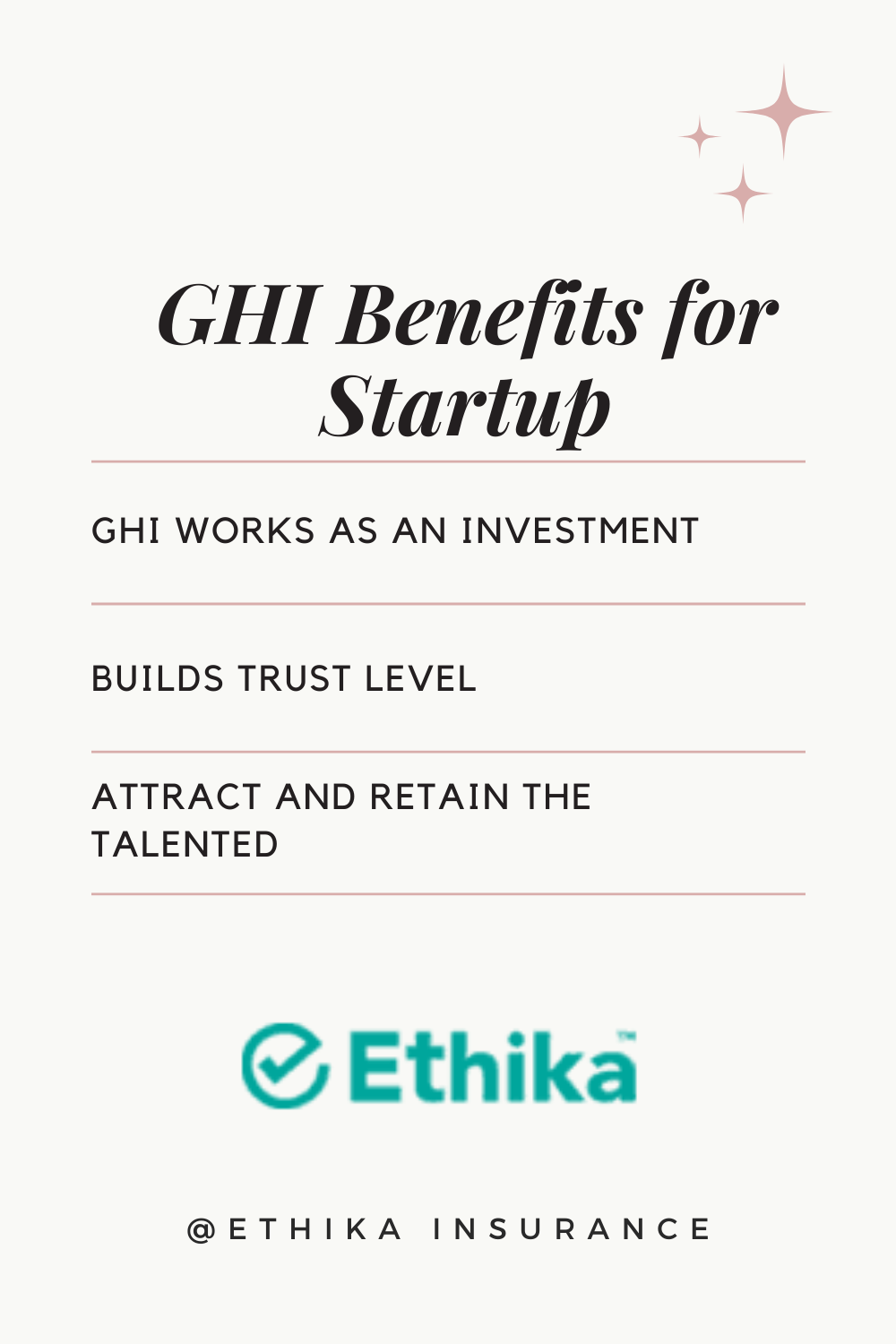
Before we talk about Group Health Insurance for startups, let’s talk about existing times. This is both one of the best and, ironically, one of the worst times to be alive. Wealth and health are faltering and building up at alarming paces, uncertainty is widespread.
But you know what else is widespread – the spirit of entrepreneurship, innovation, and creativity and ideas are running high, and start-ups are all the rage.
There are approximately 472 million entrepreneurs in the world right now, and more than 50,000 start-ups are just in India. And for anyone who thinks it is not a big deal, then consider this – about 10 billion dollars were raised by Indian start-ups just in the quarter of July to September 2021.
So yes, they are here to stay, and the word start-up may be small, but their prospects are anything but. Now, honestly speaking I may not know much about how to build a successful one, but I know for sure that it requires a team. A team that can become a team.
What’s on this page?
So how does one build such a team, by obviously compensating them well, and keeping them motivated and inspired?
When starting a business, many decisions must be made, such as who to hire and what to do. And among many important decisions, startups need to consider group health insurance as part of their deals. So, let’s talk about group health insurance for startups.
Now one may think why to spend extra money when it can probably be aligned elsewhere?

That’s a good question, and here’s why start-ups need to think seriously about offering their employees’ group health insurance:
- Cost is economical: The number of employees in a start-up is lower, which results in a lower premium. Also, there are various payment schedules available to choose from quarterly, bi-annually, or annually, which allows for better allocation of funds.
Also, with tax benefits offered, in the long run, GHI works as an investment. - Builds Trust: There is an age-old saying that a company belongs to no one, but that is not a team-building exercise. Trust levels take a hit, and along with it, the productivity of an employee. But a GHI sends the right message that an employee’s health is of importance as well.
It makes employees feel appreciated and builds their trust level, helping them bring out their best. - Comprehensive plans: startups can offer more flexible plans than just traditional plans. Looking at the average age of their employees (which in the case of start-ups is generally younger).
These also help attract and retain the talented team you require for your successful venture.
Recommended Post: How to Pick an Affordable Group Health Plan for Your Start-up?
Now let’s jump on to a few key factors to keep in mind when looking at Group Health Insurance for start-ups:
- If you want to pay the entire premium or have the employees contribute to it. Especially if coverage for family members is being offered as well. The size of the firm and the number of people covered, along with the average age, also play a hand in deciding the premium amounts being set by the insurance company.
- As start-ups don’t have higher manpower it’s best to consider app based claim filing system, rather than the traditional methods. This saves time, effort, and bucks in administrative costs.
- Sufficient coverage is a market study to find the right amount of coverage to be provided and offered.
- Designing your own plans would require some research on the start-up part, to find the best agencies that can offer plans that would work best for the people involved.
In the end, whether it’s a corporate or a start-up, it’s people we need to work with, and these days, people know what they need and what they can get. We need to invest in people the right way because health is a new wealth.
And group health is group wealth. I hope you liked this piece on group health insurance for start-ups!
Do let us know in the comments below.